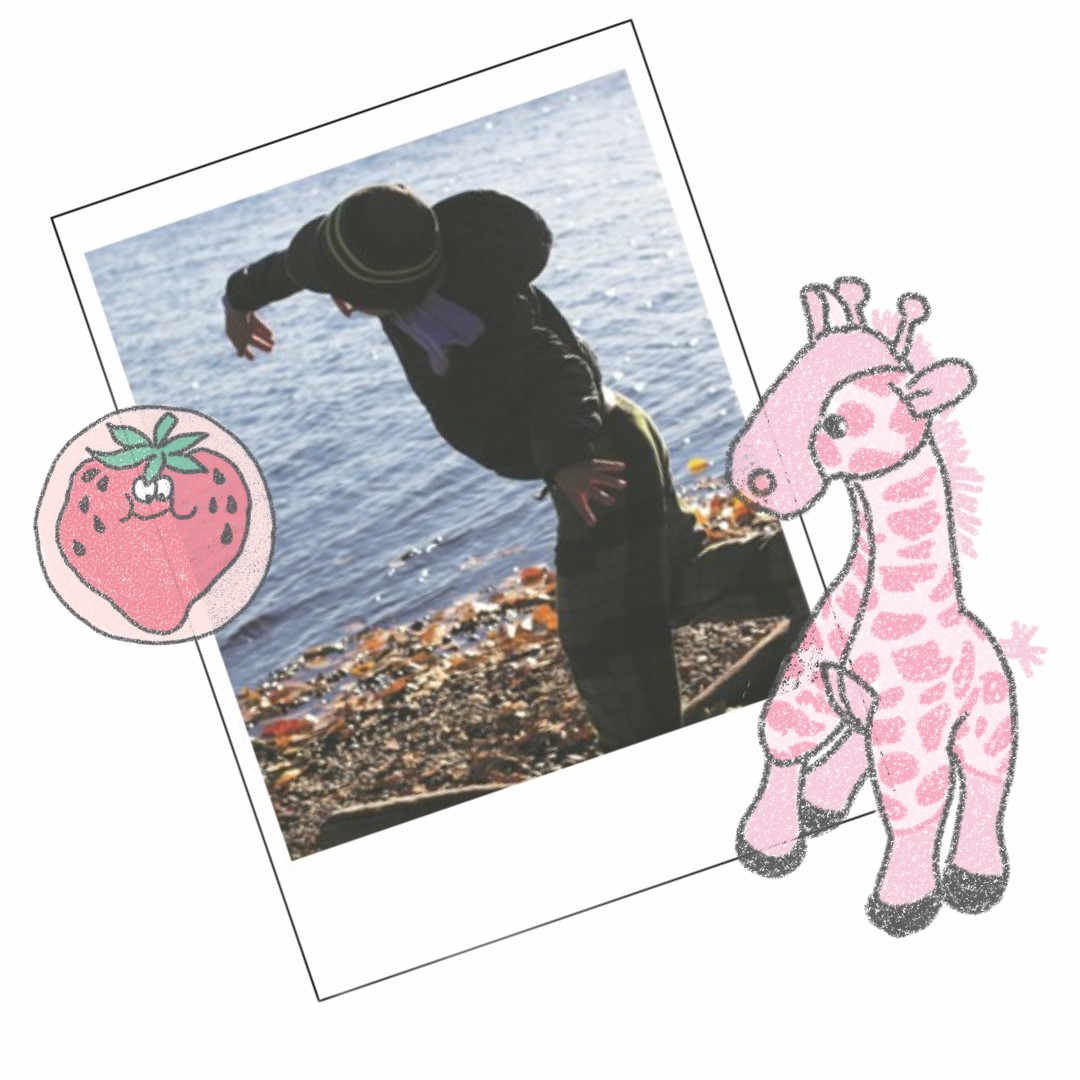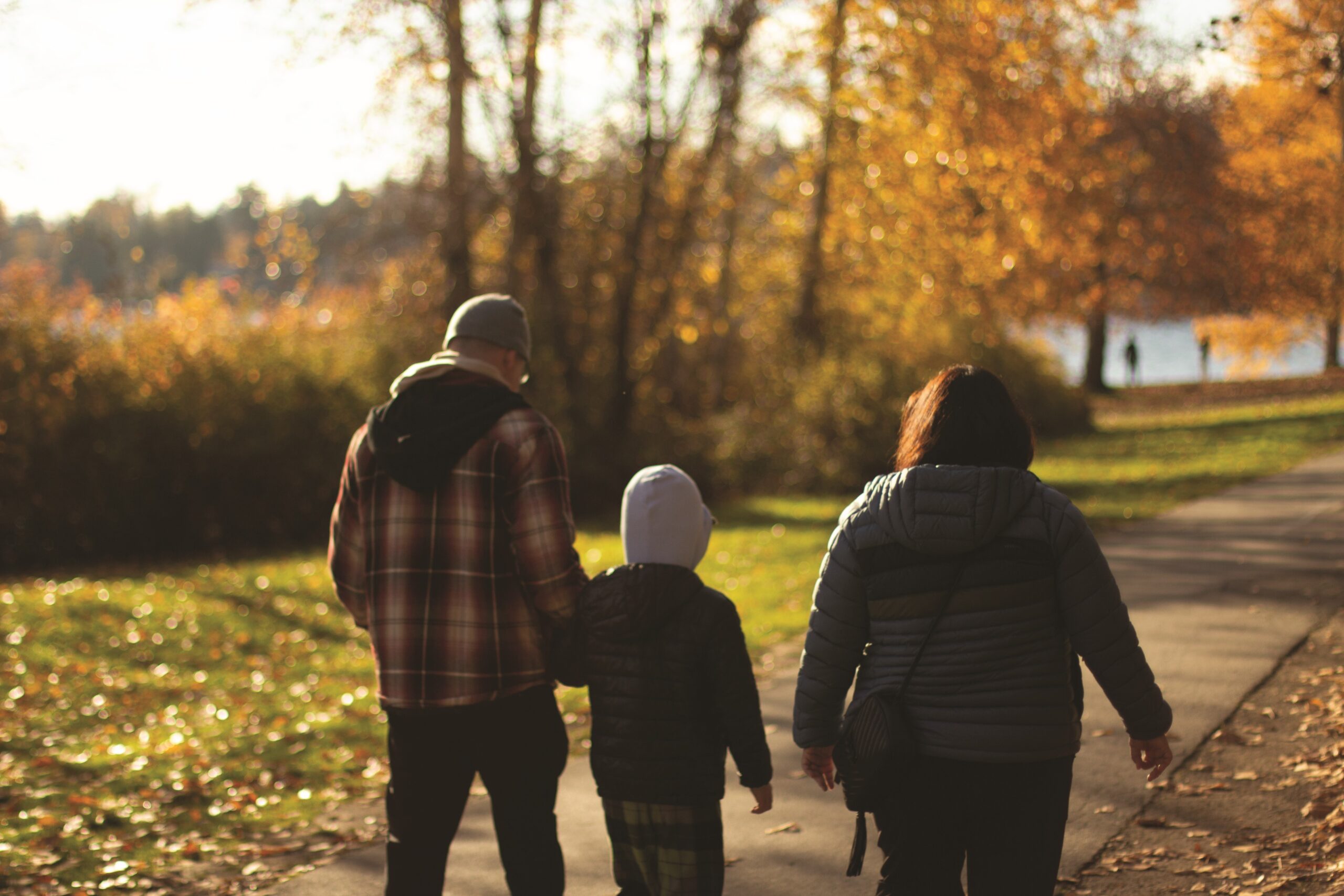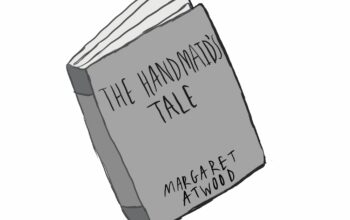Students reflect and reminisce on their past experiences
Blurry photos of a childhood dog, the smell of your grandma’s attic, a note from a friend you haven’t spoken to in years. “Nostalgia,” the word describing that bittersweet feeling we all know, was first coined in the 17th century, as a medical term describing the psychopathological condition of severe homesickness displayed by Swiss soldiers at war. The term has since evolved to describe a more general feeling associated with reminiscing about the past.
Nostalgia is often associated with the concept of rose-tinted glasses, casting an unnaturally warm light on circumstances once mundane, or even unpleasant. Andrew Chung ’26 noted, “I think you think of the past more positively than the present. When I think of certain times, I only think of the good times over bad times.” It is a concept he has found exemplified by his cross country experience. “I only think back to positives over how painful a race really is.”
For Dani Wilcox ’25, the sweeter memories were at the forefront of an otherwise largely troubled middle school experience. “For 7th grade back in 2020, some items that remind me of that time were Pipeline Punch and bucket hats. And a song that reminds me of it was Sofia by Clairo.” Although overall the era was much less than favorable, his memory of it is still stitched together with idyllic moments. He recalled “going on the Monorail for the first time with my friend, and we had a picnic and photoshoot at the Space Needle.”
Psychological theory offers several potential explanations for this phenomenon. One theorizes that it is a built-in method of escapism for when the present is less than satisfactory, as people are more likely to engage in nostalgic reflection when experiencing feelings of loneliness or isolation.
Another theory is that this kind of reflection toward ‘better days’ increases feelings of social connectedness. Research by the University of Southampton suggests that “When engaging in nostalgic reflection, people report a stronger sense of belongingness, affiliation, or sociality; they convey higher continuity between their past and their present; they describe their lives as more meaningful; and they often indicate higher levels of self-esteem and positive mood.”
This tendency toward a revised reflective memory becomes especially complicated when put into the context of the pandemic. Levin Kapur ’24, grapples with the contrast of his good memories in a time of immense global turmoil. “I was lucky. Like nothing was going on, and it’s kind of just peaceful.” he said about quarantining at his older sister’s house.
”It’s sort of like, just relaxing, there’s no stressors in the world, because everyone is dealing with COVID. They’re all, like, united… There were a lot of stressors for a lot of people but I feel like I was lucky to not have that many. And also because I was an eighth grader, I didn’t have the same knowledge of it either. So if I could go back to that mental place, I was in a peaceful mental place. Maybe it shouldn’t have been, but it was nice.”
For young people, the pandemic has been the backdrop of much of life experience. Throwing out all aspects of the COVID years as a miserable blot on the record disregards many good aspects of the unique mentalities and experiences exclusive to adolescence.
One major factor behind nostalgia, for some, is a sense of unfulfilled potential when reflecting on periods of great change and possibility. Emil Pierce ’25 noted that for him, during the unique situation of the pandemic, “There were so many opportunities to just completely mess around. And somehow I didn’t mess around enough… There’s a lot of freedom to get different opportunities to do stuff with people, like the digital way. There’s more opportunities to do different creative little projects and fun little things around the house, go out and explore the empty streets, whatever, I think there were a lot more cool opportunities like that.”
Pierce explained that this yearning is not entirely a will to go back to that time. “I like where I am as a person now,” he said, “but I feel like there were unique opportunities that I missed.”
Oftentimes, this appreciation we have for the past is difficult to replicate in the moment. It could be the novelty of older times, or the dampening effect of the anxiety we experience knowing the temporary nature of all things, and trying to maintain dynamics and feelings whose only constants are their ever-shifting state. In either case, the conscious knowledge of impending change beyond one’s control is never an easy pill to swallow.
Mikayla Sanchez ’25 has found themselves faced with the fleeting positive conditions of the present. “I know a lot of seniors this year, and I know that they’re all going to be graduating. And so that’s going to be hard. Something for me that I think I’m gonna look back on [is] just remembering the people.”
The irony of this is that nostalgia is firmly rooted in the present. Our thoughts and experiences today are the defining factor in our views on yesterday. And the reason we remember yesterday at all is to use its knowledge in today’s unpredictable circumstances. According to the University of Southampton, “Nostalgia is in general a resource on which people can capitalize to harness strength—a resource that allows them to cope more effectively with the vicissitudes of life.”
More so than anything, nostalgia is a tool to be used in the present to shape the future. Amid all its intricacies, one thing stands out clearly; the present moment is what matters, as it is the only thing within control. The past is only what we make of it.



